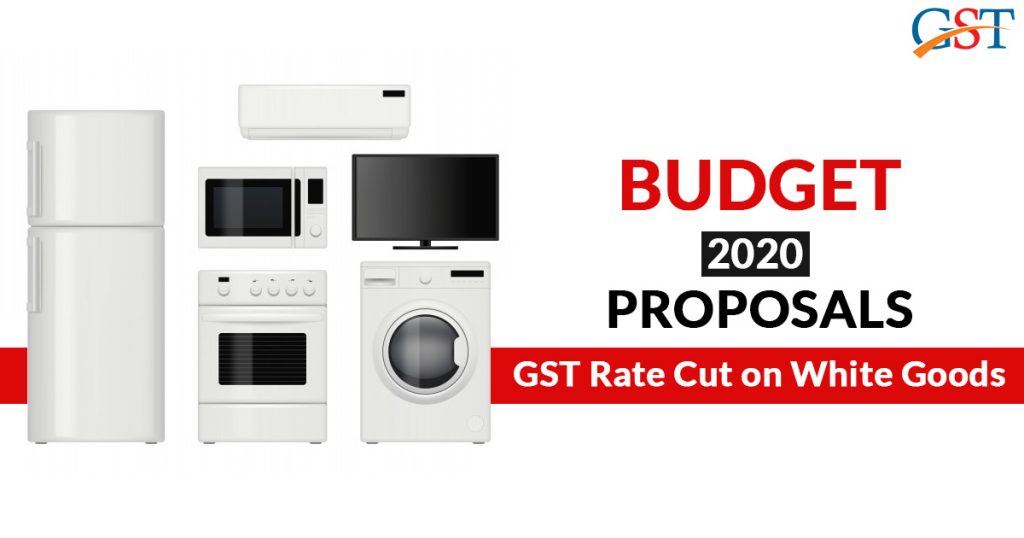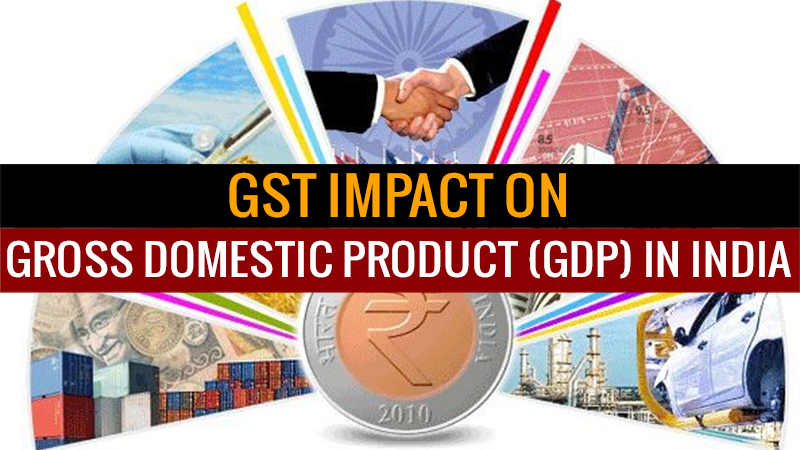
Goods and Services Tax (GST) rate cut has been sought for the white goods by the concerned sector from the Budget 2020 along with the incentives for manufacturing goods locally from the same. “Make in India” incentives are sought for the consumer durable from 1st February i.e. with the application of the Budget in order to motivate the companies for local production.
Although the GST council decides the GST rates under the chairmanship of Finance Minister Nirmala Sitharaman, companies are expecting the related announcements to be made by FM during the budget.
GST has become a heel of Achilles
Majority of consumer durables attract 18% GST, however, product categories such as of 32 inches TV, AC attracts tax at the rate of 28%. This increases the overall cost of the goods at the manufacturing as well as sales stage.
2019 encountered a decline in the sale of TVs by almost 5%, which did not indicate the normality as other segments of goods experienced growth by double digits.
Kamal Nandi, President at CEAMA and Business Head & Executive Vice President, Godrej Appliances, stated that market penetration has been generally low in the country.
He also expressed the present penetration levels for refrigerators, washing machines, ACs and TVs at 35%, 12%, 5% and 65%, respectively.
Read Also: GST Rates Applicable to Mobile Phones and Accessories 
“After the GST revision, tax rates were reduced for most, barring ACs and large screen TVs, which continues to be in the highest tax slab of 28 per cent. Lowering the tax slab to 18 per cent would help offset the price pressure and spur demand for both split and window ACs and TVs above 32 inches,” he added.
The previous two years evidence the reduction in GST rates for various appliances categories such as TVs, refrigerators and washing machines from 28% to 18%. This rate cut in GST has brought down the prices of such goods by 8-10%.
According to Neeraj Bahl, MD and CEO, BSH Home Appliances India, the government of India should look for the rate cuts in GST on goods like ACs, refrigerators, which have now emerged as necessities instead of luxuries for the customers.
The consumer goods industry are of the view that a rate cut in GST will increase the affordability of the products. Besides, Nandi told that reduction in the GST rate slabs for energy-efficient & eco-friendly goods such as ACs (four & five-star window AC and split AC inverter models) and refrigerators (direct cool & frost-free) to 12% will boost the demand as well as increase the usage of sustainable appliances among Indian consumers.
Encouragement to Local Manufacturing
The first and foremost wish of the appliance manufacturers is the promotion of “Make in India”.
Besides, bringing down the selling price of such products by cutting down the GST rates, the white goods industry is also looking for exclusive favours from Budget to encourage more factories’ set up in India.
Nandi underlined that Indian component suppliers are facing hurdles in locking horns with low-cost Chinese imports. “The government should consider initiating some measures to reduce the input cost to make these components by waiving duty on the inputs imported to make the components,” he said.
Added to this is the appeal for product-particular incentives for those like TVs, which has now evolved as a household product.
In September 2019, the Ministry of Finance said that no customs duty is imposed on open-cells for LCD/LED panels. The ministry told about its validity till September 30, after which incentives can be given to the local manufacturing of open-cell.
Avneet Singh Marwah, Director and CEO of Super Plastronics (exclusive brand licensee of Thomson TVs and Kodak TVs in India), expressed that India requires to have much more infrastructure to restore the GDP. “First we need to complete the projects which are already in the process. This will help manufacturers like us to invest and manufacture more and help ‘Make in India initiative’ to be a successful model for the economy,” he added.
Important: GST Impact on Gross Domestic Product (GDP) in India 
The success of manufacturing establishments in India would encourage the interest of international appliance manufacturers to establish local units. According to the sources, many Asian consumer durables entities have indicated their interest to get into partnership partnerships in India.
Ease of foreign direct investment (FDI) limits would bring many benefits, according to the companies. Currently, FDI being multi-brand retail exists at 49% and that for single-brand retail is 100% with a binding 30% local sourcing.
Ravi Saxena, MD, Wonderchef, states the government should permit the Indian-borne retail entities to hike up to 49% foreign capital without any limits for a single brand as well as multi-brand.








